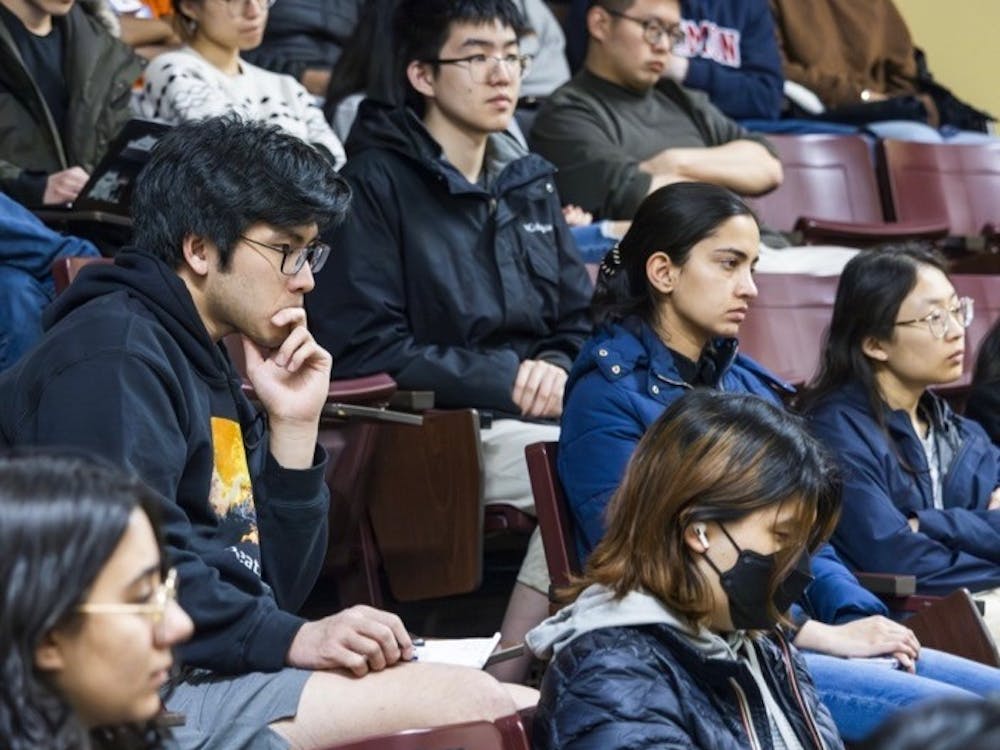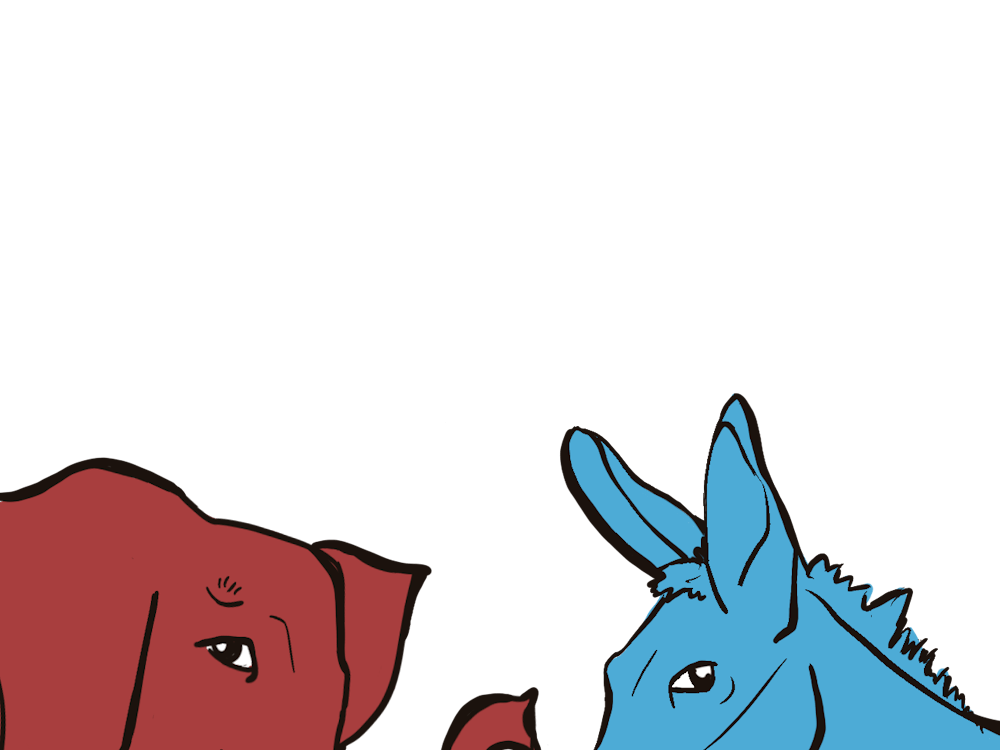Last September, I woke up early on a Thursday morning and took an Uber to the Planned Parenthood clinic in central Baltimore.
“You can drop me off now,” I said, when the car was a block away. “I can walk from here.”
I didn’t feel like telling the Uber driver why I was going to Planned Parenthood, not that I was certain he would even ask. People often associate Planned Parenthood with abortion services, which is fair, since they do offer those. But they provide much more, like STD testing, hormone therapy and pregnancy care. Also birth control, which was why I was going.
As I walked through the clinic doors, a security guard nodded at me. I smiled at him. I thought of the women across the nation who need security guards to protect them from anti-abortion picketers and escort them from their cars to the clinic doors.
I thought of the doctors who have been killed by anti-abortion extremists because they chose to work at clinics like Planned Parenthood. And I thought of the women who don’t seek out health services because they don’t want to jeopardize their safety.
I thought of all the women, and men, who fought to make it accessible for someone like me to easily walk into that clinic. Setting up the appointment was easy, too: I just had to fill out a form online and show up at my scheduled time.
Two women in pink shirts checked me in at the front desk and told me to take a seat in the waiting room. Fixer Upper was playing on the TV.
Sitting directly across from me was a young woman leaning against her boyfriend. Next to her, a pregnant woman. In the corner, a lady in a navy suit and a lady in a gray tracksuit. Women of all races and ages. All in this waiting room together.
The practitioner called my name. The appointment went quickly, since I had already indicated online that I wanted to go on the pill. The practitioner asked me some questions, went over the side effects and then wrote me a prescription. She told me it would be ready to pick up in an hour.
Back in my apartment, I opened the paper prescription bag and stared at the packet. These tiny white pills were my key to freedom and responsibility. I popped one out of the foil and swallowed it with a glass of water. Then I went to class.
Over the next few months, the pill began to change me. I knew that there could be side effects, like mood swings and weight gain. More serious problems, too. But I still felt that the tradeoff was worth it. I could have irregular periods that never seemed to end or feel depressed for weeks because of the hormones coursing through my body. But I would still be free.
I could have gone off the pill, of course. No one was forcing me to take birth control. But I wanted to continue to have freedom: freedom to be sexually active, to fall in love, to not worry about getting pregnant. Those were all reasons enough for me.
Women may choose to go on birth control to prevent pregnancy or to have lighter periods and clearer skin. But the common denominator between all of these reasons is that women want autonomy over their own bodies and their own lives.
That autonomy is currently under threat, as legislators move to eliminate women’s rights to reproductive healthcare. After the 2016 presidential election, many of my friends talked about getting an IUD so that they would be protected for the next four years. Some worried that they would need to move to a state with better access to birth control.
I am scared that my freedom and my choices will be limited. But I also know that there are many in this country who will fight relentlessly for reproductive rights. And that gives me courage.
This January, I woke up early on a Saturday morning to go to the Women’s March in D.C. I wore a pink coat and carried a homemade poster with “My body, my choice / My power, my voice” written in colorful, capital letters. I held the sign up as high as I could while we marched.
Near the White House, the crowd slowed down and diverged around a small mass of people blocking the flow of the march. As I craned my neck to see what was going on, I saw anti-abortion counter protesters carrying large banners with photos of babies covered in blood. I heard my own blood pounding in my ears: the sound of rage.
“Let’s start a chant,” I said to my two friends. “We’ll do, ‘My body, my choice,’ and then the response will be, ‘their body, their choice.’ Okay?”
We started yelling. At first, it was just the three of us: two girls calling, one boy responding. But then more people joined in, and the words began to swell.
For a moment, I stopped shouting and just listened to the crowd as they carried on the chant, new voices adding to a chorus of defiance and strength.
Back in September, I didn’t know how much the pill would change me. I didn’t know that it would not only alter my body, but my mind, too. Some days, I wake up and feel physically weak and fatigued. Sometimes I resent the pill.
But most days, I appreciate the pill for giving me a voice: for making the political personal. For helping me understand the importance of choice. For compelling me to fight for women to have the freedom to make their own decisions.























Please note All comments are eligible for publication in The News-Letter.